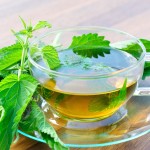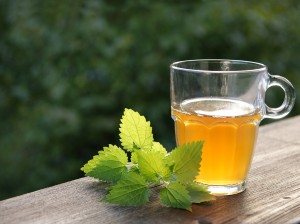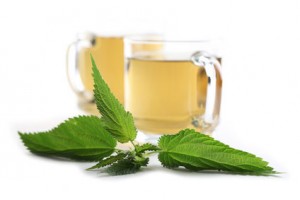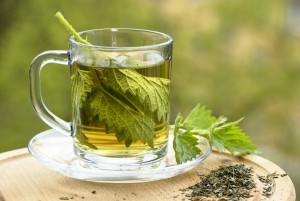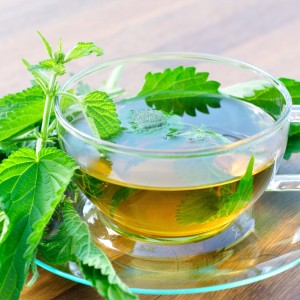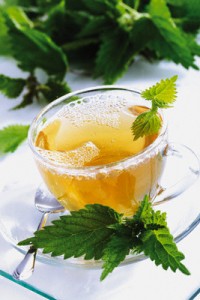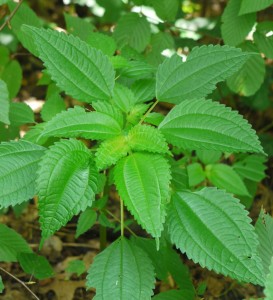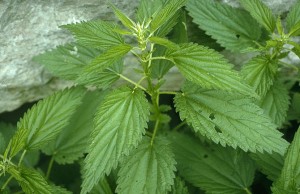Nettle Tea
Nettle tea is prepared from the fresh or dried leaves, flowers and sometimes the roots of a herbaceous plant named common or stinging nettle (Urtica dioica). Having several biologically active compounds, the tea made from nettle has a lot of medicinal benefits.
History and Origin
Being a native of Asia, Europe, North America and North Africa, it is widely used in Greece, Denmark and other European countries. The various medicinal uses of this plant have been recorded by Hippocrates in the fourth and fifth century.
Stinging nettle leaf tea health benefits: What is it good for?
Treats kidney problems: Being high in potassium, this herbal tea also acts as a good diuretic and detoxifier, helping body fluids to pass smoothly through the bladder and kidney, preventing water retention. It is also functional in breaking down or dissolving stones formed in the kidney. In the Journal of Herbal Pharmacotherapy, the role of nettle tea in freeing the urinary tract of toxins is stated. Nettle root tea helps in treating benign prostate hyperplasia (a disorder in men above 50), reducing the prostate size along with its symptoms.
Anti-inflammatory properties: The anti-inflammatory properties present in this tea, along with useful minerals such as calcium, boron and silicon, helps it in treating arthritis, helping to reduce the need for taking non-steroidal anti-inflammatory medicines (NSAIDs).
Maintaining heart health: The presence of an important compound, beta-sitosterol helps it in regulating the fat and cholesterol levels in the body, thus contributing towards a healthy heart.
Treating allergies: The natural antihistamines present in this herbal tea make it useful in treating seasonal allergies, curing allergic rhinitis symptoms like itching and sneezing as well as hay fever.
According to a clinical study published in “Planta Medica”, the allergy-combating properties of nettle tea were observed, where a group of people with allergic rhinitis saw a reduction in their symptoms after drinking the tea, compared to the placebo group. However, more research is still required in this regard.
Helpful during menstruation: Owing to the high amount of magnesium present in this tea, it benefits women by minimizing menstruation symptoms like cramps and bloating. Being effective in reducing fibroid tumors because of its anti-inflammatory properties, it also regulates the flow. Its phytoestrogen content makes it useful in preventing certain symptoms of menopause. Because of the high amount of Vitamin C present, this caffeine-free tea is functional in lessening fatigue in women during this time.
Aiding in digestion: Drinking warm stinging nettle leaf tea after a heavy meal helps in proper digestion, thus reducing certain indigestion problems like bloating and gas formation.
Managing blood sugar levels: It has been derived from some animal studies, that the tea or any infusion of nettle leaves may be used as an anti-hyperglycemic agent. Therefore, it might be effective in improving the glycemic level in patients suffering from type 2 diabetes mellitus.
Maintaining blood pressure: Functioning as a diuretic, it helps in reducing the systolic blood pressure levels. In Germany, this herbal tea is prescribed over pharmaceutical diuretics by health providers for treating hypertensive conditions.
Treating cold: Being rich in vitamin C, it helps in opening bronchial and nasal passages, thereby curing cold.
Antioxidant properties: The high phenol content in nettle tea, as revealed by clinical studies, makes it a natural antioxidant, protecting cell membranes and DNA from being damaged by free-radicals. Therefore, it facilitates in treating certain skin problems like acne and eczema.
Proper thyroid functioning: Its rich iodine content helps in normal functioning of the thyroid gland, preventing and treating hypothyroidism.
Rich iron content: Being a good source of iron, stinging nettle tea aids in the production of hemoglobin, giving it anti-anemic properties. The high iron content also makes it beneficial for treating endometriosis.
Effective in constipation: Acting as a mild laxative, it provides relief from constipation. Moreover, its antioxidant properties help it in cleansing the colon and reducing cramps, thus making it effective in treating hemorrhoids and ensuring smooth bowel movements.
Good source of Vitamin K: Being rich in Vitamin K, it helps the process of blood clotting, preventing excessive bleeding.
For hair growth: Having high iron content, drinking this herbal tea improves the circulation in the scalp, thus helping in hair growth.
Rich in minerals: Its high calcium and magnesium content help in maintaining healthy bones, sulfur makes it useful in strengthening the nerves and purifying the blood whereas its copper content helps in protecting the lungs from infection.
Good anti-depressant: Presence of serotonin (a chemical responsible for balancing the mood) in nettle tea makes it useful in lessening depression. It also helps in ensuring proper functioning of the adrenal gland, thereby minimizing the problem of sleeplessness.
Relieves gout: It is useful in treating gout as it flushes out the excess uric acid from our body.
Increasing fertility in men and women: It raises the testosterone levels in men thereby improving sperm production, whereas in females it nourishes the uterus, thus preparing her for pregnancy.
Maintains a good oral health: Nettle tea removes the microbes responsible for bad breath and is often used along with a mouthwash to cure gum infections like gingivitis.
How to make nettle tea?
Mainly made from the fresh or dried leaves, roots and stems may also be added for its preparation. One should use protective gloves while handling the fresh leaves as touching them with bare hands may lead to nettle stings or allergies.
- Gather about ten fresh nettle leaves or a tablespoon of dried leaves.
- Wash the fresh leaves with clean water to get rid of any dirt or dust.
- Take four cups of water in a saucepan.
- Put the leaves into it.
- Simmer it for about 15 minutes so that the stinging hairs are destroyed.
- Strain the mixture.
- Add sugar or honey for taste.
- It can be served as an ice tea after being cooled in the refrigerator for about two hours.
Nettle tea safety and precautions
Side effects of Nettle tea
Overconsumption of nettle tea may lead to stomach irritations and vomiting. If you have any allergic reaction while drinking the tea then stop its consumption immediately. In case you are already on medication for blood pressure, diabetes, kidney ailments or any other serious health concern then consult a doctor before consumption.
Consumption during pregnancy
Although nettle tea is said to increase fertility and bring in an easy labor, there are chances of uterine contractions on consumption of this tea. Therefore, it is to be avoided during pregnancy. Nettle tea is thought to be a good galactogogue, helping in increasing milk flow. However, it is safe for lactating mothers not to use this tea in any form to prevent the newborn from getting allergies.
Where to buy
Nettle root and leaf tea as well as tea bags can be purchased online or at stores selling herbal teas.
References
- https://nettleteainfo.wordpress.com/
- http://www.lifehack.org/articles/lifestyle/12-surprising-benefits-nettle-tea-you-should-know.html
- http://www.anniesremedy.com/herb_detail107.php
- https://senchateabar.com/blogs/blog/nettle-tea
- https://www.herballegacy.com/Vance_History.html
- hhttp://www.webmd.com/vitamins-supplements/ingredientmono-664-stinging%20nettle.aspx?%20=664&activeingredientname=stinging%20nettlettp://healthyeating.sfgate.com/benefits-side-effects-nettle-leaf-tea-5401.html
- https://www.medicalnewstoday.com/articles/nettle-tea-benefits
Article was last reviewed on 23rd July 2021
Related Articles
Leave a Reply
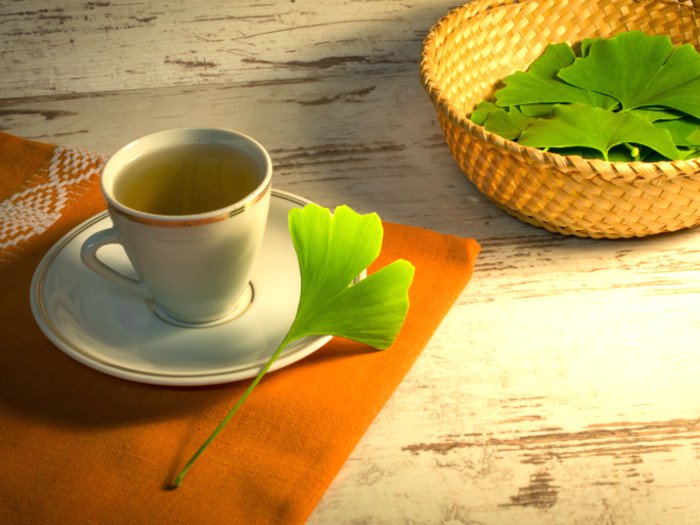
Ginkgo Biloba Tea
The Ginkgo Biloba tea is an herbal infusion obtained from the extract of the dried leaves
Read more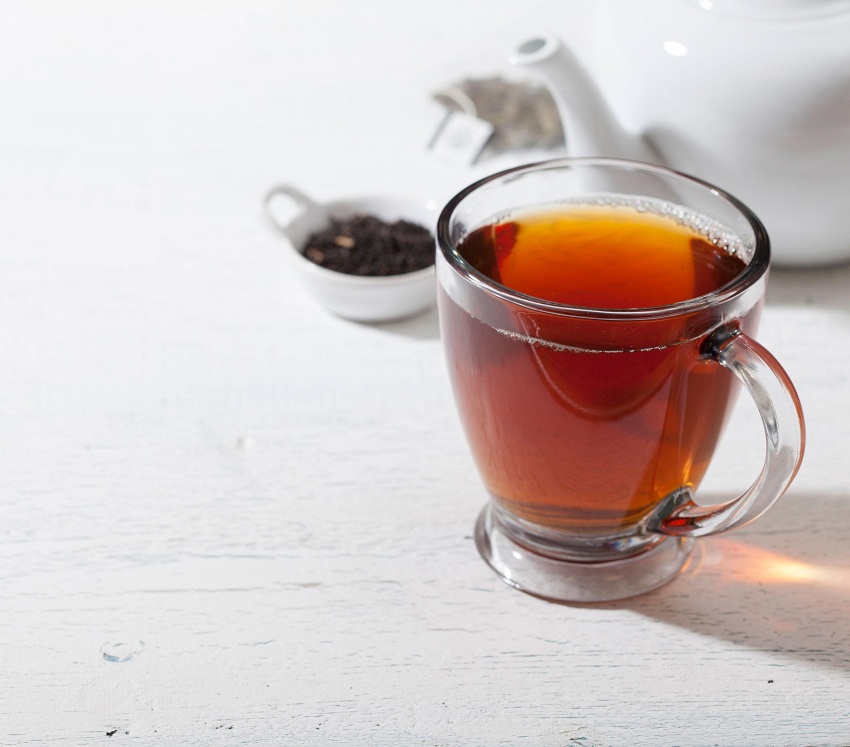
Black Tea
Black tea, belonging to the same group as the green, white and oolong teas is the most oxi
Read more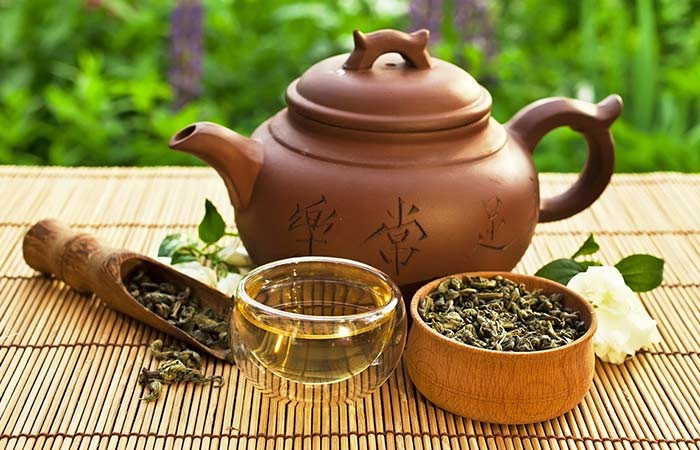
Oolong Tea
What is oolong tea Oolong, a traditional beverage of China, is prepared from the buds, st
Read more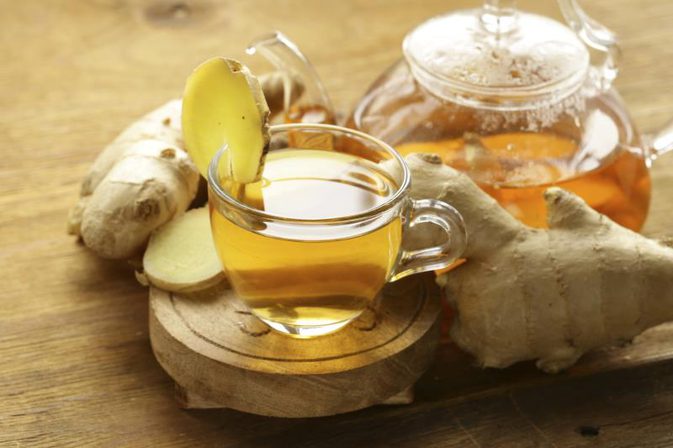
Ginger Tea
Ginger tea, prepared from the roots of ginger, is a popular herbal beverage of Asia. Becau
Read more
